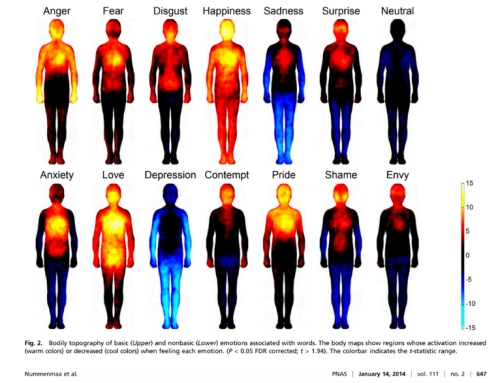Emotional intelligence is no longer a “nice-to-have” skill; it is an essential component of individual, team, and organisational success.
In a world that requires adaptability, collaboration, and human connection, emotional intelligence (EI) enables us to thrive. It improves our ability to lead, build relationships, navigate challenges, and have a positive impact at all levels of an organisation.
Langley Group defines emotional intelligence as the ‘intelligent use of emotions’ – a skill that can be measured, learnt, and applied to achieve better results.
So, what is emotional intelligence?
Emotional intelligence involves understanding and managing one’s own emotions, recognising and responding to others’ emotions, and using emotional information to guide decisions, problem-solving, and communication.
It is about being aware, intentional, and balanced – qualities that promote wellbeing, trust, and performance.
Why It Means More Than IQ
While IQ and technical skills are valuable, they are no longer sufficient.
According to research, emotional intelligence predicts high performance twice as well as IQ.
Individuals with high EI:
• Demonstrate empathy and clarity in communication
• Respond thoughtfully in challenging situations
• Improve team dynamics and conflict resolution
• Lead with authenticity to inspire others.
Emotional intelligence allows people to perform at their best, regardless of their role or industry.
The Business Case For EI
Leading organisations around the world are incorporating emotional intelligence into their leadership programmes, hiring strategies, and workplace culture, and the results are impressive.
Consider these findings:
• PepsiCo’s emotionally intelligent managers led to a 10% increase in productivity and an 87% reduction in turnover
• A UK restaurant group experienced 34% profit growth under EI-driven leadership
• The US Air Force saved $190 million by hiring emotionally intelligent candidates who could better handle onboarding challenges.
When employees feel understood, supported, and empowered, they perform at their peak, and businesses thrive.
Leaders determine the emotional tone.
A leader’s emotional intelligence influences their team’s mood, energy level, and engagement.
Gallup identified three key factors that drive employee engagement:
1. Feeling supported by their supervisor.
2. Receiving meaningful recognition and praise.
3. Believing their development is valued.
All three are based on emotional intelligence. Leaders who develop these skills foster trust, resilience, and collaboration.
In contrast, low emotional intelligence has been linked to leadership failure, low morale, and team conflict. The ability to connect with others on a human level is no longer an option; it is required.
Emotions drive decision-making.
Neuroscience has taught us that emotions are not a distraction from rational thought, yet rather an essential component of it.
Our brain utilises emotions to prioritise information, evaluate risks and opportunities, and shape our sense of purpose and importance.
Even when we believe we are making a “rational” decision, our limbic system often takes the lead. Emotional intelligence enables us to interpret those signals clearly, allowing us to respond with intention and wisdom.
What’s the best part? It can be learnt.
Emotional intelligence is not something that you have or don’t have. It is a skill, and like any other skill, it can be honed with the right tools and resources.
People can use targeted training, coaching, and reflection to:
• Improve self-awareness and empathy
• Enhance emotional regulation and resilience
• Foster more authentic relationships.
At the Langley Group, we specialise in supporting individuals and organisations in developing these capabilities through practical, evidence-based programmes. What was the result? Long-term transformation to enhance wellbeing, leadership, and performance.
Emotional intelligence benefits not only individuals, yet also businesses. It strengthens relationships, increases engagement, and cultivates the emotional agility required to succeed in today’s world
In our next blog, we’ll look at how emotionally intelligent leaders create positive organisational cultures that bring out the best in their employees.
Want to learn more about strategies for incorporating emotional intelligence into your workplace? Reach out to us at contact@langleygroup.com.au to learn more about our training programmes and solutions.









